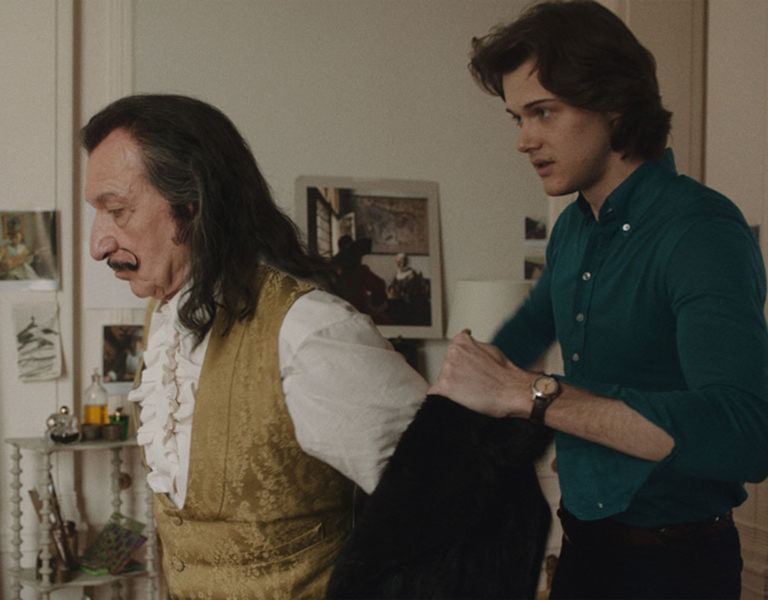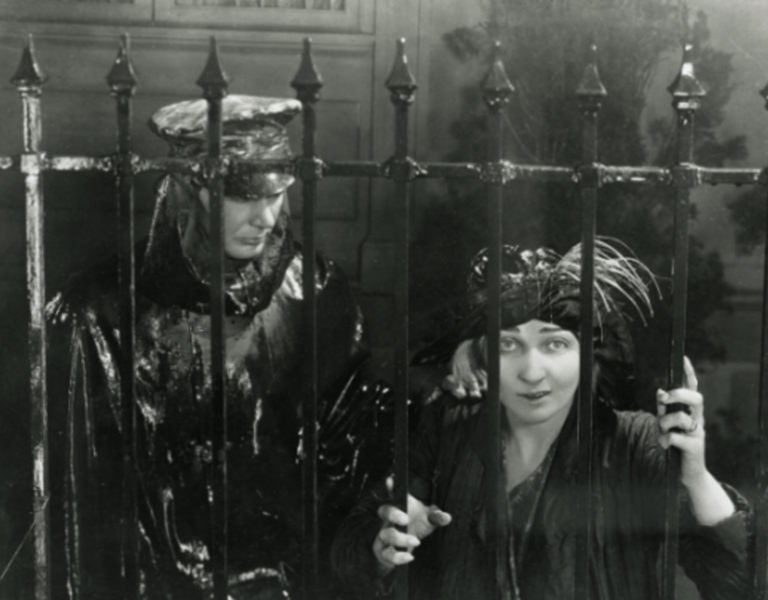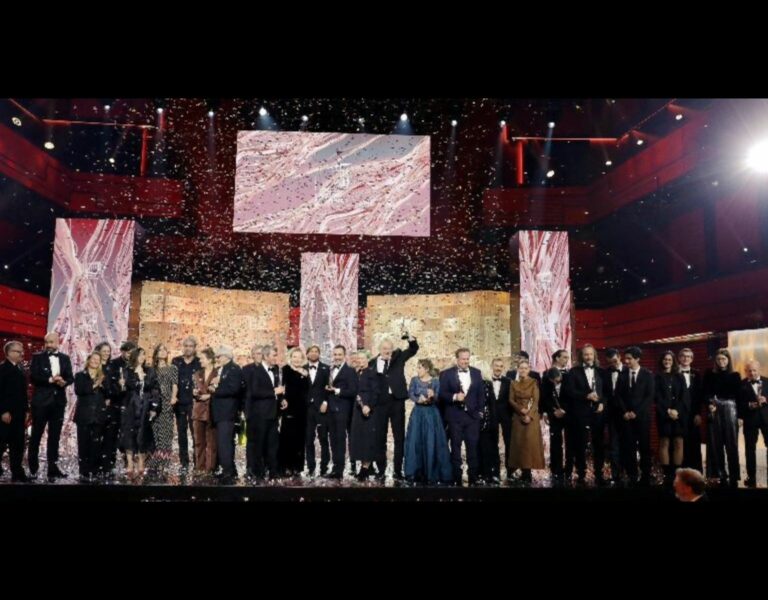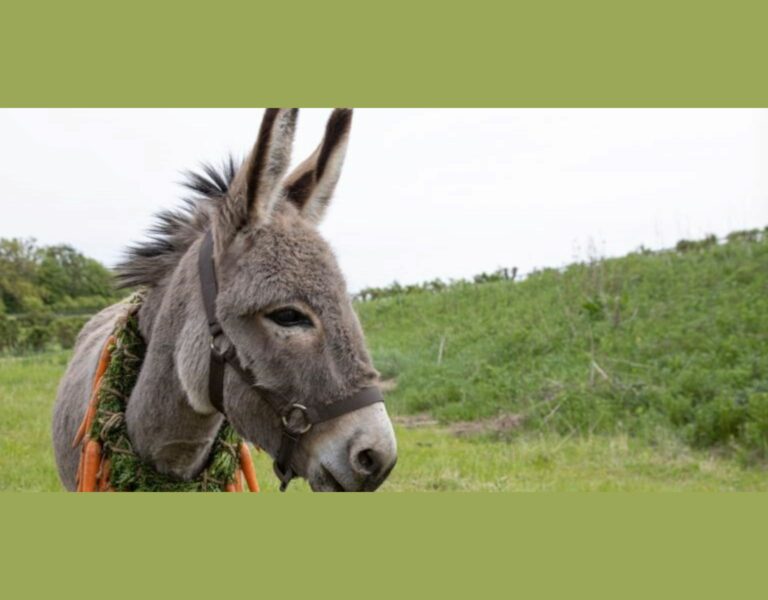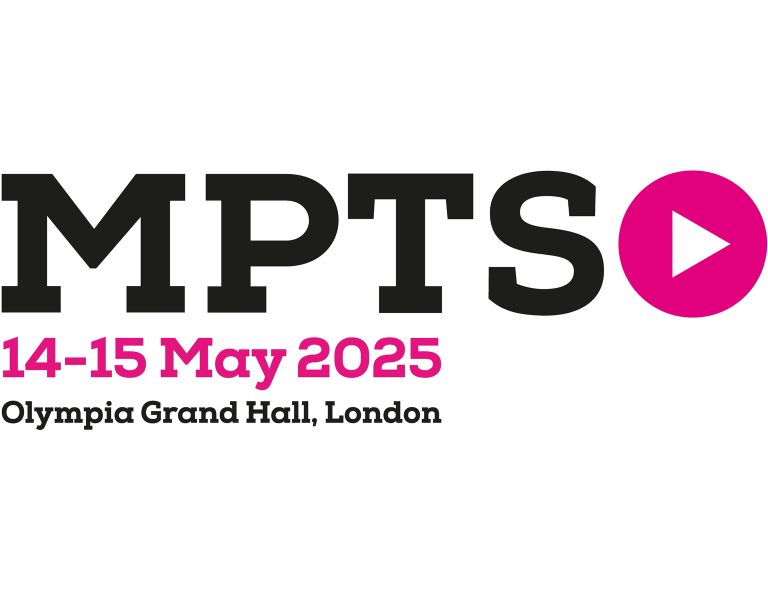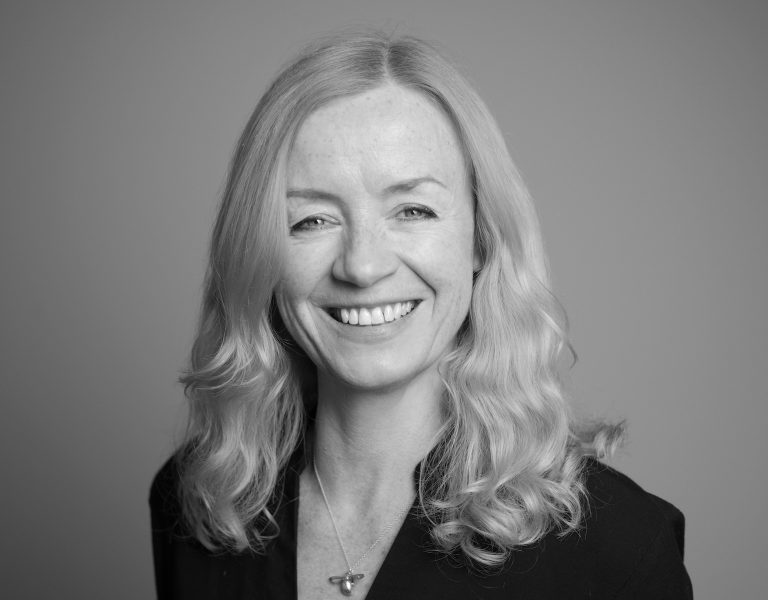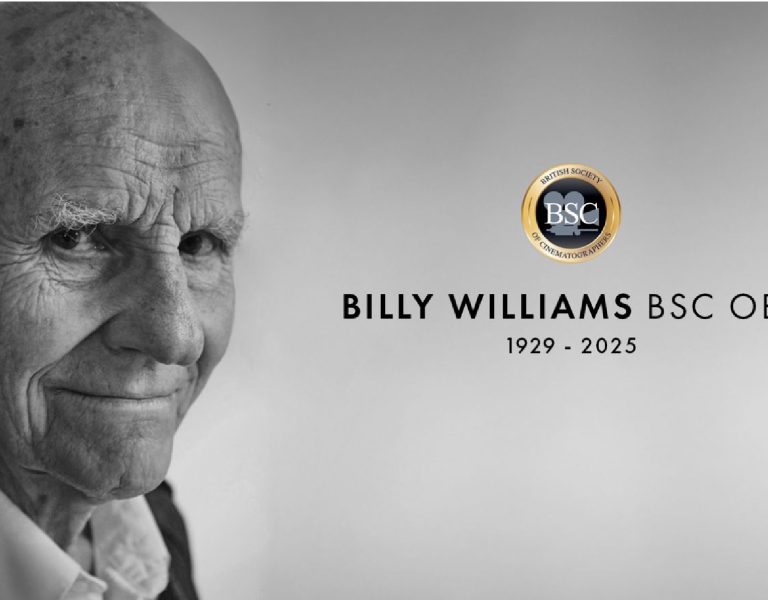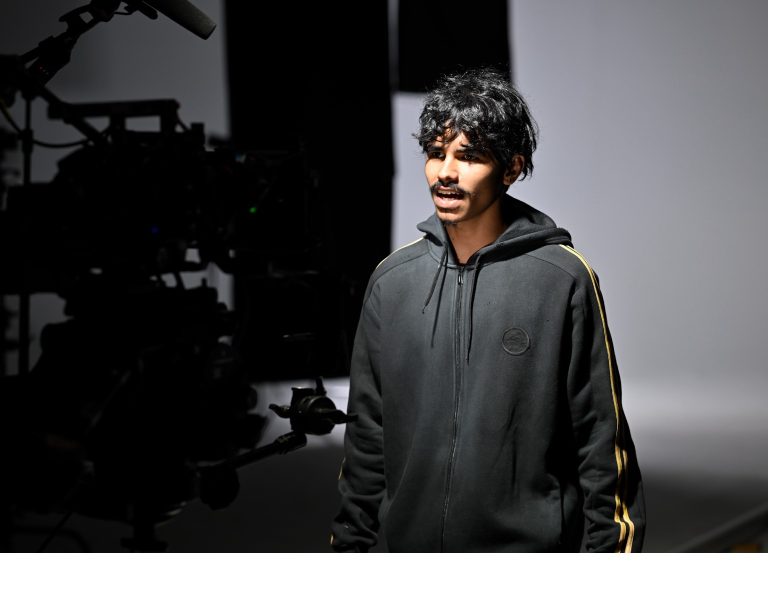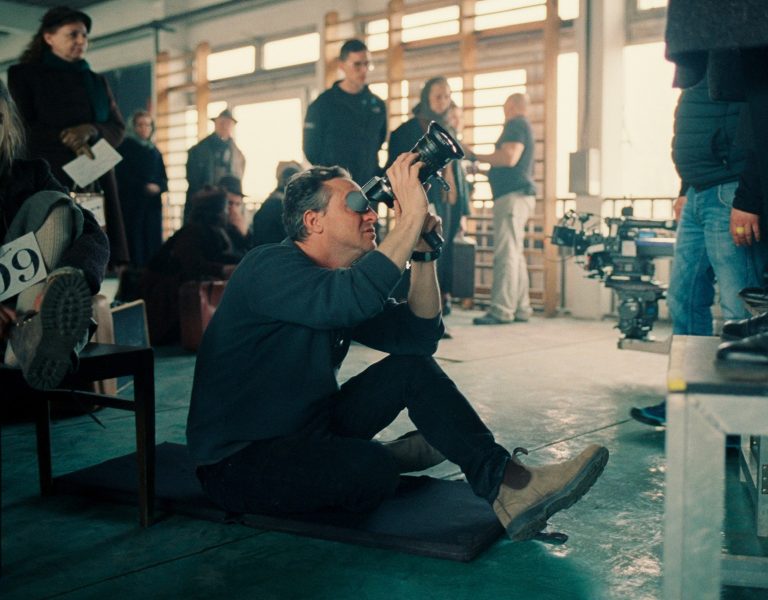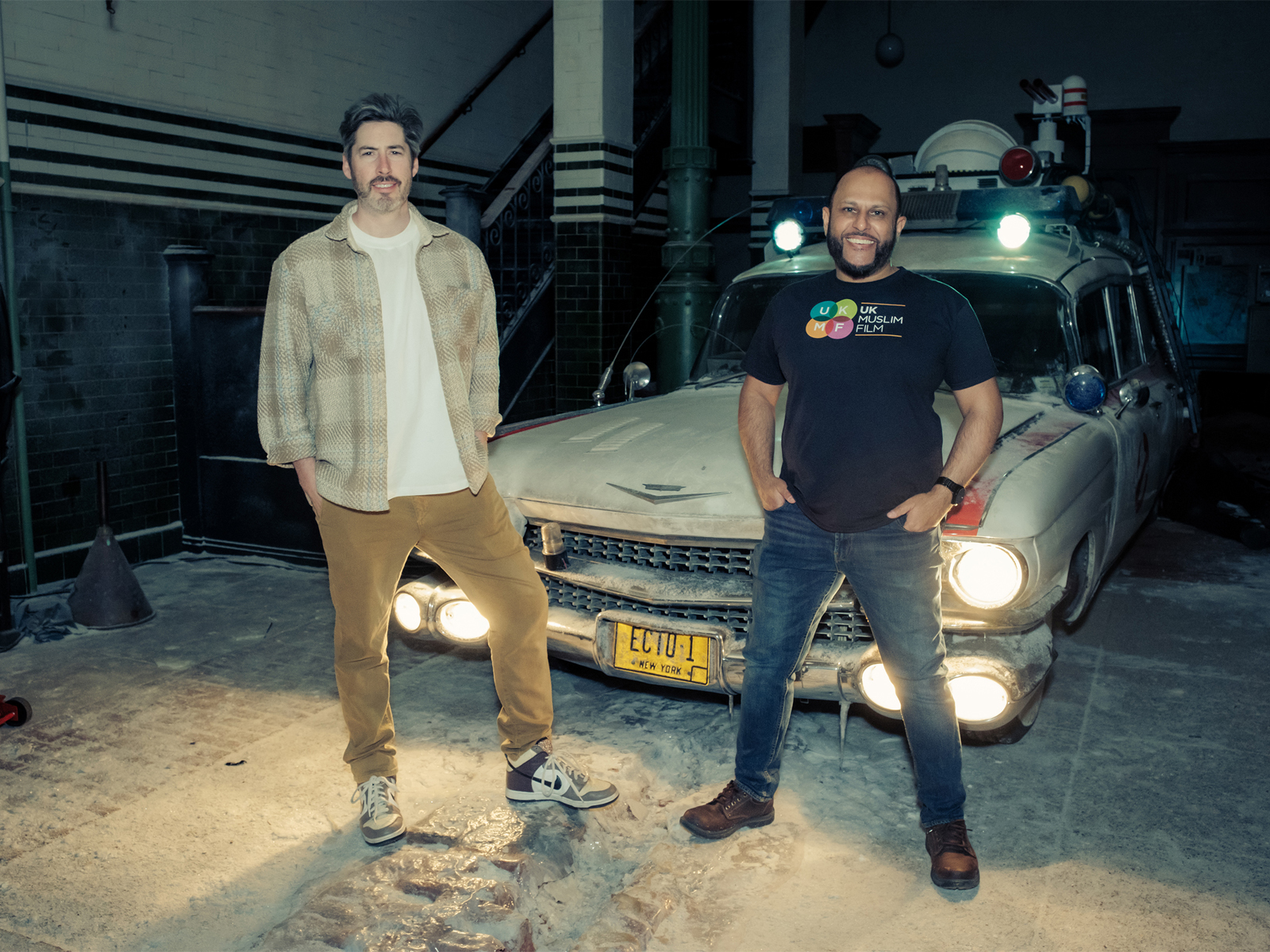
Currently playing in cinemas in the UK and the US, Ghostbusters: Frozen Empire sees the Spengler family return to where it all started – the iconic New York City firehouse – to team up with the original Ghostbusters, who’ve developed a top-secret research lab to take busting ghosts to the next level. But when the discovery of an ancient artifact unleashes an army of ghosts that casts a death chill upon the city, Ghostbusters new and old must join forces to protect their home and save the world from a second Ice Age.
With a mission to advise on the cultural and faith-based aspects of the story, UK Muslim Film (UKMF) came onboard to serve as on-set consultants during the production and filming of Ghostbusters: Frozen Empire.
With a South Asian element to the story, writer and producer Jason Reitman and writer, director and executive producer Gil Kenan were on a mission to ensure that any cultural or faith-based references were handled in a respectful manner while staying true to the incredibly entertaining script.
Sajid Varda, Founder and CEO of UK Muslim Film says: “Working on Ghostbusters: Frozen Empire was an absolute dream come true for me. As a lifelong fan of the Ghostbuster films, being a part of this iconic franchise was beyond exciting.
“From the very beginning, it was clear that everyone involved was dedicated to honouring the legacy of Ghostbusters while bringing something fresh and exciting to the table. Working alongside incredible filmmakers like Jason and Gil was not only a privilege but also an incredibly fun experience. We all shared a passion for ensuring that every aspect of the film, especially those relating to the South Asian and faith communities, was portrayed authentically.
Making sure Muslim stories are portrayed accurately, UK Muslim Film have previously worked with C4’s comedy drama Screw, ITV’s Good Karma Hospital and C4’s Hollyoaks.
“The increase in Muslim characters and storylines in film and TV is definitely a step forward,” Sajid adds. “But, when these portrayals lean into stereotypes, it really hits hard. It’s not just about entertainment; it affects how people see and treat each other. And for Muslims, it can make us feel like we’re always on the outside looking in. Too often, I’ve noticed glaring inaccuracies in the portrayal of Islamic rituals on screen. It’s clear evidence of inadequate research and a laid-back approach to storytelling. What’s crucial is to present a thoughtful, well-informed depiction of religious and cultural themes. Considering the vast Muslim audience, estimated at around 2 billion, the stakes are incredibly high.”
